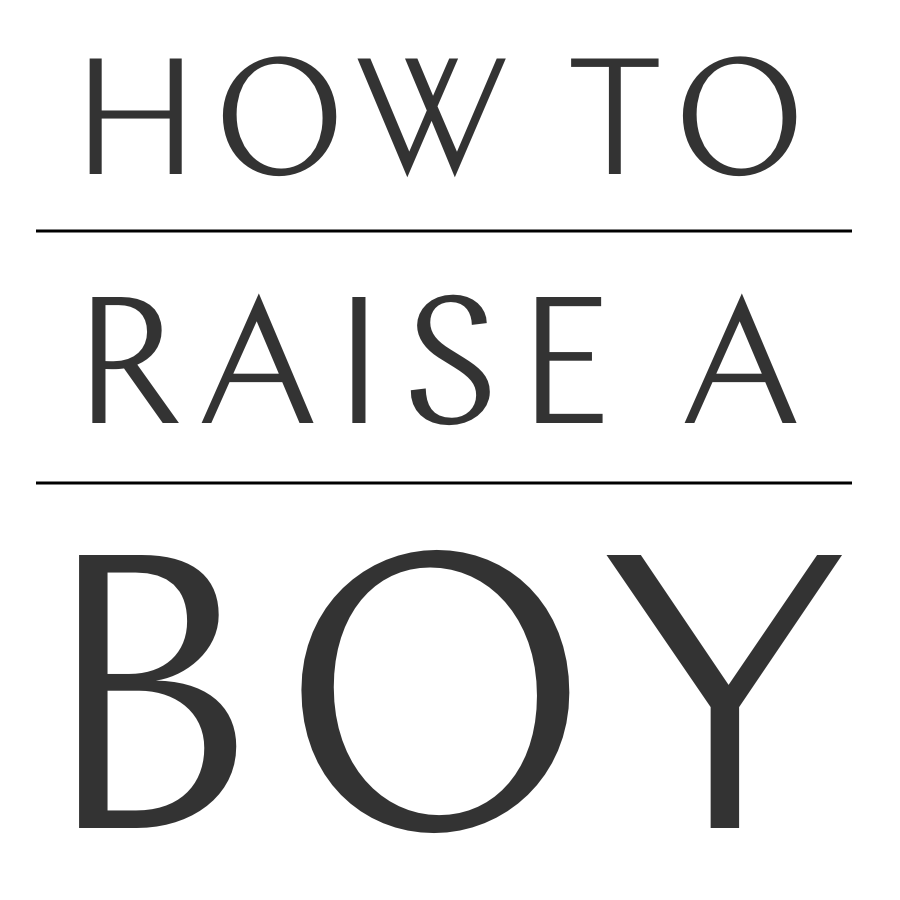
How to Raise a Boy is a weeklong series centered around this urgent question in the era of Parkland, President Trump, and #MeToo. Here, a 16-year-old named Sameer discusses how complicated gender expectations can get for young people.
Right now I identify my sexuality as queer, and my gender is agender flux. To me, agender flux means that I don’t feel a very strong connection to any gender, but my gender expression varies depending on the day, how I’m feeling. Sometimes I’ll feel more feminine, sometimes I’ll feel more masculine. As someone who is male in America, it’s very difficult to be feminine-presenting at all.
In elementary and middle school I was bullied a lot — for being feminine, for being gender nonconforming. I was always really into things like theater, singing, drama, Disney, things that were seen as very feminine.
There was one time where I was at a Boy Scouts service project. We were renovating my elementary-school garden, planting flowers and cleaning up. A bunch of boys came up to me and threw dirt on me while calling me gay and disgusting. Incidents like these meant that I had a very negative association with being feminine. The bullying trained me to think of it as a weakness.
I was very afraid to tell my parents what those kids were saying and doing. I knew that my parents would support me, that they would talk to those kids’ parents, and fight for me. But I didn’t necessarily want them to do that and make the bullying any worse.
My parents have always supported me for liking the color pink or liking dolls. They would be like, Oh, it’s great — we have a sensitive kid. But they also thought that this was a way I should act in the home, in private. They talked to me, from a very young age, about the difference between how I was and how traditional boys or my classmates were. They wanted me to be who I was, but they also wanted to tell me it wasn’t how most boys are — most boys like sports and video games. We had a lot of conversations about how to act tough, to defend myself and seem more masculine so I wouldn’t be bullied.
But now I see — and I think they do too — that trying to act more masculine is a way of hiding and suppressing my true self. As I’ve come out and wanted to paint my nails or wear feminine clothing, it’s been a struggle because those things are going to make me a target. And I think it’s very hard for my parents to accept that I’m doing things that could be unsafe for me. People around the world are being killed for presenting as feminine — the murder rates are so high for trans women and gay men. It’s definitely been a process for my parents to understand that how I’m seen is a reflection of who I am. It should match, in an ideal world.
Whenever I tried to act masculine, it felt like putting on a mask. Constantly acting as someone you’re not takes a toll on you, and that’s maybe something that a person who is gender conforming doesn’t have to contend with as much. But I don’t think anyone completely fits in to a gender role — because these are all very stereotypical and rigid. People who mostly fit in, though, don’t have to feel so afraid of who they are.
I think that any one group who fits in with society’s expectations should learn about other groups. Learning about different gender identities or expressions is very important. But I also think that people who are mostly gender conforming can still talk to their parents about ways that they do differ from society’s expectations for gender. Again, I don’t think anyone completely fits in. A boy who’s a jock and enjoys video games might still enjoy something like cooking.


